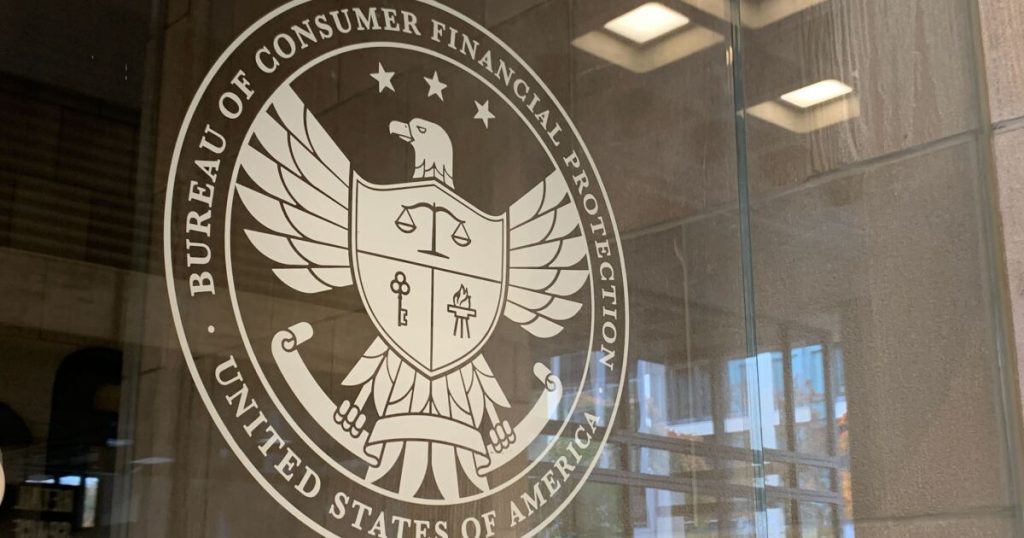With under two weeks before the end of the Biden administration, the Consumer Financial Protection Bureau issued two actions on Friday aimed at providing privacy protections in digital payments and crypto assets offered by Big Tech companies and video gaming platforms.
The actions are widely expected to be rescinded by a new incoming acting CFPB director appointed by President-elect Trump.
Both actions — a nonbinding interpretive rule on how existing law applies to digital payments, and a request for information on how payments companies use consumer data to create personalized pricing — are aimed at Big Tech companies.
President-elect Trump has embraced cryptocurrency, signaling a lighter regulatory touch for crypto, stablecoins and other forms of digital payments. Banking experts
The CFPB’s
CFPB Director Rohit Chopra said the bureau wants input on how data collected by tech firms is being used to create specialized pricing for consumers. Comments on the interpretive rule are due by March 31.
“When people pay for their family expenses using new forms of digital payments, they must be confident that their transactions are not tainted by harmful surveillance or errors,” CFPB Director Rohit Chopra said in a press release. “The CFPB is seeking public input on how to apply longstanding consumer and privacy protections to new and emerging payment mechanisms.”
The bureau also issued
The CFPB said it is trying to protect consumers using digital payments including those offered by
In the proposed interpretive rule, the bureau said that some gaming platforms have “developed elaborate economies where the platforms accept U.S. dollars in exchange for virtual currency that can be transacted among players and other platform participants, and even exchanged back to U.S. dollars in certain circumstances.”
Some consumers have experienced losses in their accounts through hacking attempts, account theft, scams and unauthorized transactions, the bureau said.
The issue of digital payments is complicated, experts say, because the Electronic Fund Transfer Act of 1978 is woefully out of date. Most consumers do not know that there is a difference between sending digital or instant payments that are not connected to an underlying bank account and do not have the same consumer protections as credit cards.
The CFPB said that its proposed interpretive rule on the Electronic Fund Transfer Act “would ensure that consumers can consistently invoke their rights under federal law, while also assisting market participants developing these payment mechanisms.”
The bureau said it also released the public comment notices “to ensure that traditional banks and credit unions are not put at a competitive disadvantage when new market entrants seek to circumvent federal law.”
In November, the CFPB finalized a
Currently, the federal framework for financial data privacy protections consists largely of the Gramm-Leach-Bliley Act, which is largely built around disclosures and opt-out requirements that experts have said do not fully address the challenges posed by modern payments companies.

